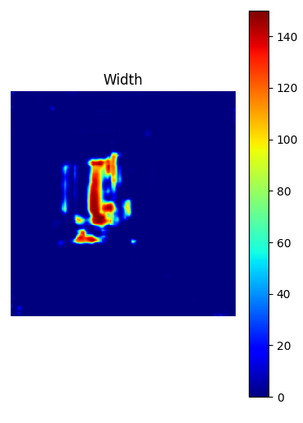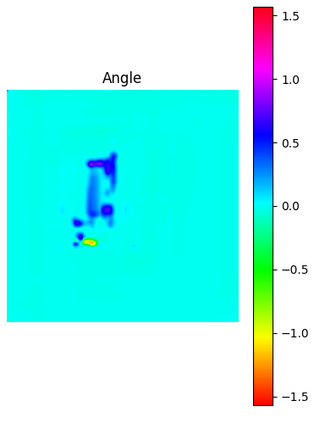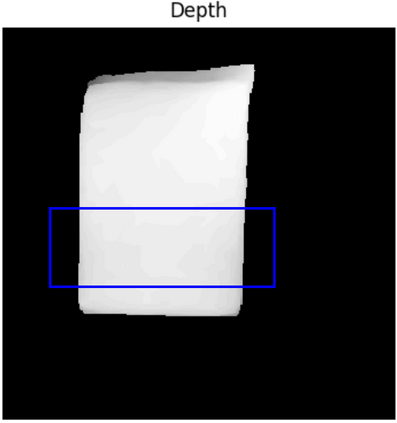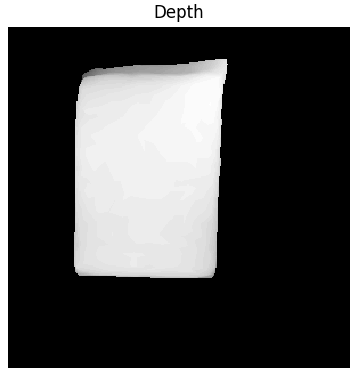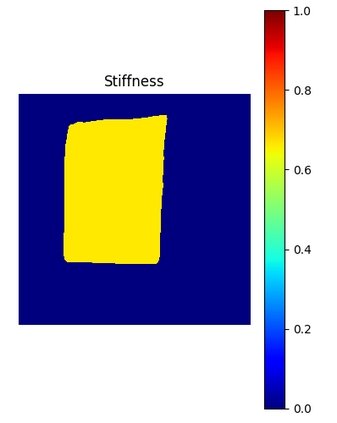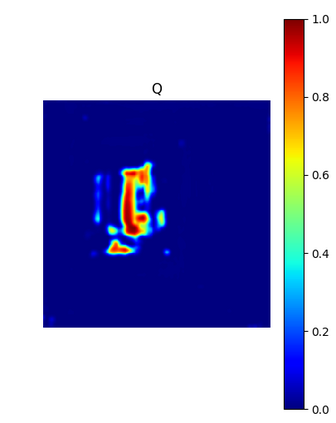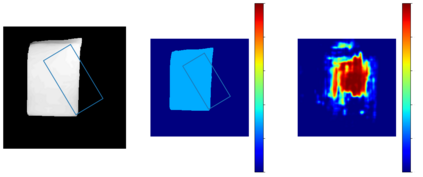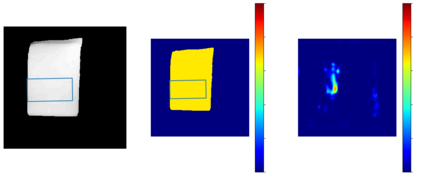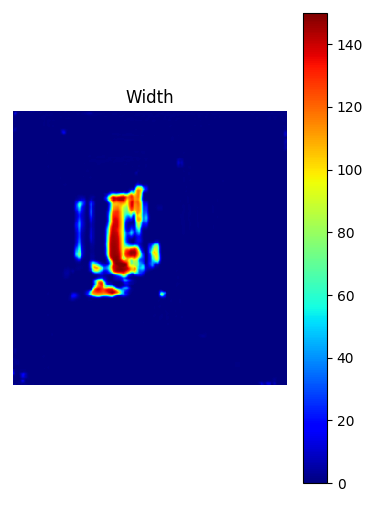Grasping deformable objects is not well researched due to the complexity in modelling and simulating the dynamic behavior of such objects. However, with the rapid development of physics-based simulators that support soft bodies, the research gap between rigid and deformable objects is getting smaller. To leverage the capability of such simulators and to challenge the assumption that has guided robotic grasping research so far, i.e., object rigidity, we proposed a deep-learning based approach that generates stiffness-dependent grasps. Our network is trained on purely synthetic data generated from a physics-based simulator. The same simulator is also used to evaluate the trained network. The results show improvement in terms of grasp ranking and grasp success rate. Furthermore, our network can adapt the grasps based on the stiffness. We are currently validating the proposed approach on a larger test dataset in simulation and on a physical robot.
翻译:由于模拟和模拟这些物体动态行为的复杂性,无法很好地研究可降解的物体。然而,随着支持软体的物理模拟器的迅速发展,僵硬和变形物体之间的研究差距正在缩小。为了利用这些模拟器的能力,并质疑迄今为止指导机器人掌握研究的假设,即物体僵硬性,我们提议了一种基于深层次学习的方法,以产生依赖坚硬的掌握力。我们的网络受过从物理模拟器产生的纯合成数据的培训。同样的模拟器也用来评价经过训练的网络。结果显示在掌握率和成功率方面有所改进。此外,我们的网络可以根据坚硬性来调整这些掌握。我们目前正在模拟和物理机器人中验证关于较大测试数据集的拟议方法。

